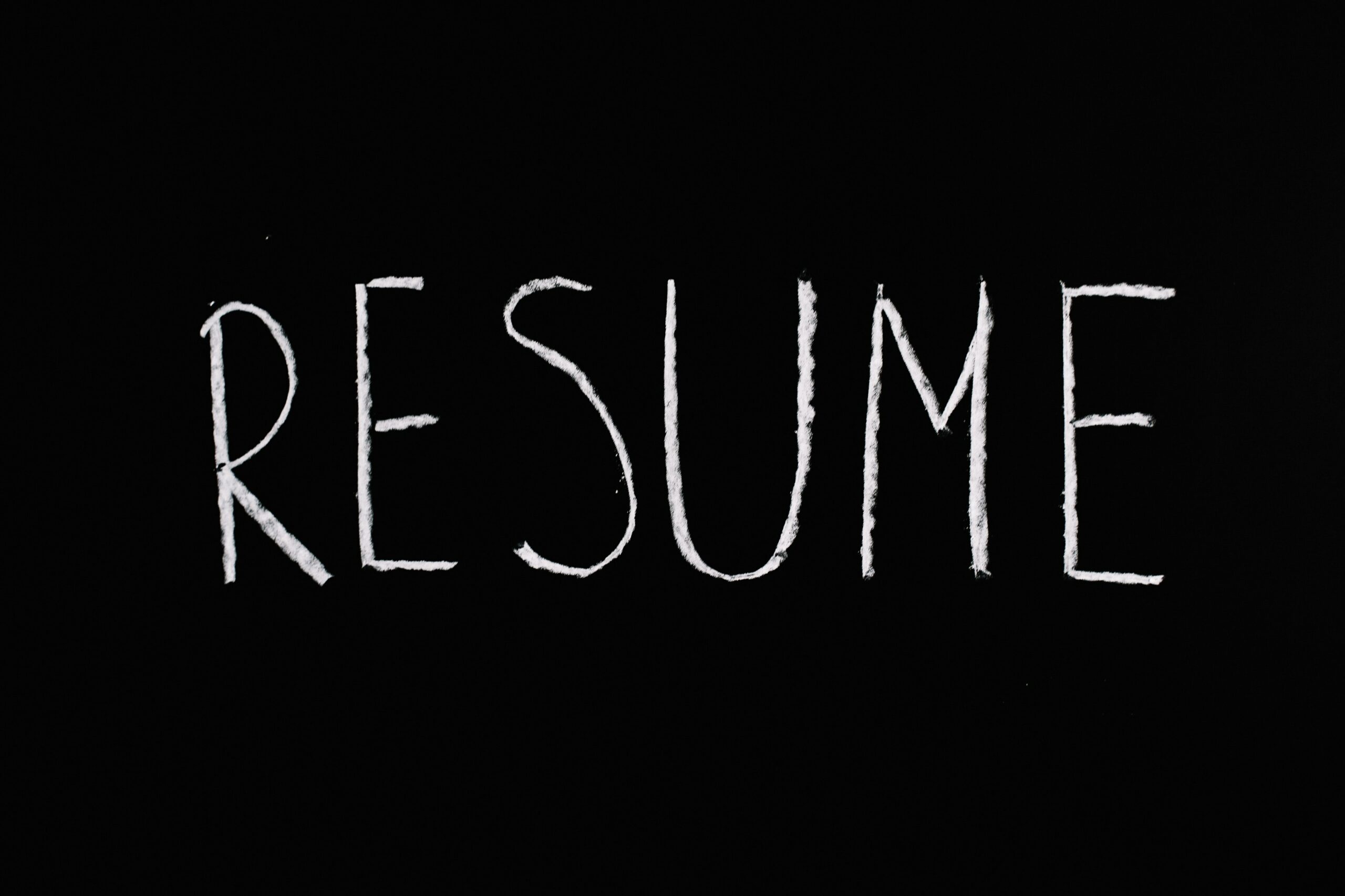For many job seekers, crafting the perfect resume can be tedious. Not only is it quite challenging if you’ve never done it before, but it can also be daunting to look at all your past experience, education, and skills and realize that there isn’t all that much to look at.
That being said, it doesn’t mean that you can’t make your resume look good even if you don’t have much to put on it. If you are applying for the position of product manager, there are certain details you will want to note. Hence, here’s how to craft the best product manager resume.
Emphasize Your Soft Skills
The first thing you should put on your resume is your soft skills. Soft skills are usually the ones that can’t be measured and can’t be directly taught to you. However, you can still learn such skills over time. Soft skills can impact anything from your productivity to your ability to work in a team. Here are just some soft skills you will likely want to include on your resume:
- Communication, social skills, debating, diplomacy
- Adaptability, flexibility, eagerness to learn
- Teamwork, leadership, collaboration with others
- Emotional intelligence and mental maturity
- Time management and organizational skills
While you should definitely include as many soft skills as you have, it’s still better to prioritize some of them over others and eliminate those that aren’t very important. As a product manager, some of the most important soft skills for you are your organization skills and your problem-solving expertise.
Product managers usually stand at the head of entire teams working to make a particular vision come true. This is exactly why it is so important to have organizational skills for leading your team. You should be able to distribute tasks between members while checking that everyone does their job the right way.
Moreover, as a product manager, you will also be making choices all the time. Some of these will be more difficult than others – and some of them will lead to mistakes. This is why you need to possess relevant problem-solving expertise that will guide you in making important decisions and taking responsibility for those that were wrong.

Showcase Your Past Achievements
As experts from the custom writing reviews site find best writers explain, “Most people put only the standard things on their resumes: education, experience, and skills. But what is often absent is the section where you write about your achievements. This section can truly highlight the things you excelled in and the results your actions produced. It’s a way for you to show what you are proud of and to make your potential employer interested in you.”
Indeed, your past achievements do matter on your resume, even if it may seem like they won’t make a difference. In reality, no matter how small these achievements are, it could be a way for you to stand out from the crowd and be a memorable candidate. Not everyone will have the kinds of achievements you have but there could be many candidates with the exact same education, experience, and skills.
Think about the time you were particularly proud of what you did or about the time your actions had a big impact on the success of your team. How did you do achieve what you achieved? What exactly were your achievements? Why were these achievements important? How would you repeat these achievements? Why do you think your actions were successful?
It’s also a good idea to tie your achievements to the different positions you had. If they were all from you holding a Product Manager title, you can explain how the achievements relate specifically to the company you were working at.
Include Your Technical Skills
It’s a fact that technical skills come hand-in-hand with soft skills. In other words, you can’t just rely on the soft skills you list on your resume. Instead, it needs to be a combination of both hard skills (aka technical skills) and soft skills. As a product manager, you will likely want to include such hard skills as:
- Product Knowledge: Product managers need to have at least a basic understanding of data to be able to read and interpret it. You should also have product (or service) knowledge about what you are working with. Of course, you will be working in a team with other professionals such as engineers, but you still need to be in the know. After all, you are the leader of your team.
- Research Skills: Research skills are also essential for your success as a product manager because you will need to be learning more about the products or services you are working with. Moreover, you will need to be constantly learning about the industry itself and gaining valuable insights that you can use as a product manager.
- Other Skills: Of course, there are some other skills such as business skills that could be considered soft skills, but they can still be measured in some way. Understanding design and user experience are also vital for you as a product manager because you should be able to understand all aspects of what you are working with.

Adjust Your Resume to Different Job Openings
Last but not least, you need to adjust your resume to different job openings. It’s true that you should only create your resume once… but it’s also kind of not true. While you may be looking for a particular position, you will still notice that different employers are looking for slightly different skills or slightly different experiences. The good news is that there probably won’t be much harm to it if you adjust your resume to fit such requirements.
Indeed, many people actually do this when hunting for jobs and it helps them get the position they may have missed otherwise. Most of the time, you can probably find something relevant in your experience and skills that will fit what the employer is looking for. However, even if you realize that you might not have a particular skill, you can still put it on your resume as long as you are willing to learn the skill on the spot.
Of course, this can be seen as cheating or being dishonest. However, such things mostly depend on the situation. You can’t lie that you possess an expert-level hard skill, for example. But you can say that you have a basic understanding of it in case it is listed as a requirement. Learning the basics of this skill will probably take you relatively less time, but it definitely won’t put you in a situation where you claim you are an expert in it while you actually aren’t.

Final Thoughts
To summarize, crafting the perfect product manager resume is virtually impossible, but you can still use the tips in this article to make your resume as great as possible. Don’t hesitate to edit your current resume and just make sure that you aren’t making simple mistakes.
Use the tips in this article to create your product manager resume that will help you get your next job at the company you like. Find ways to adapt and grow professionally – and don’t forget to regularly update your resume when the right time comes.


















